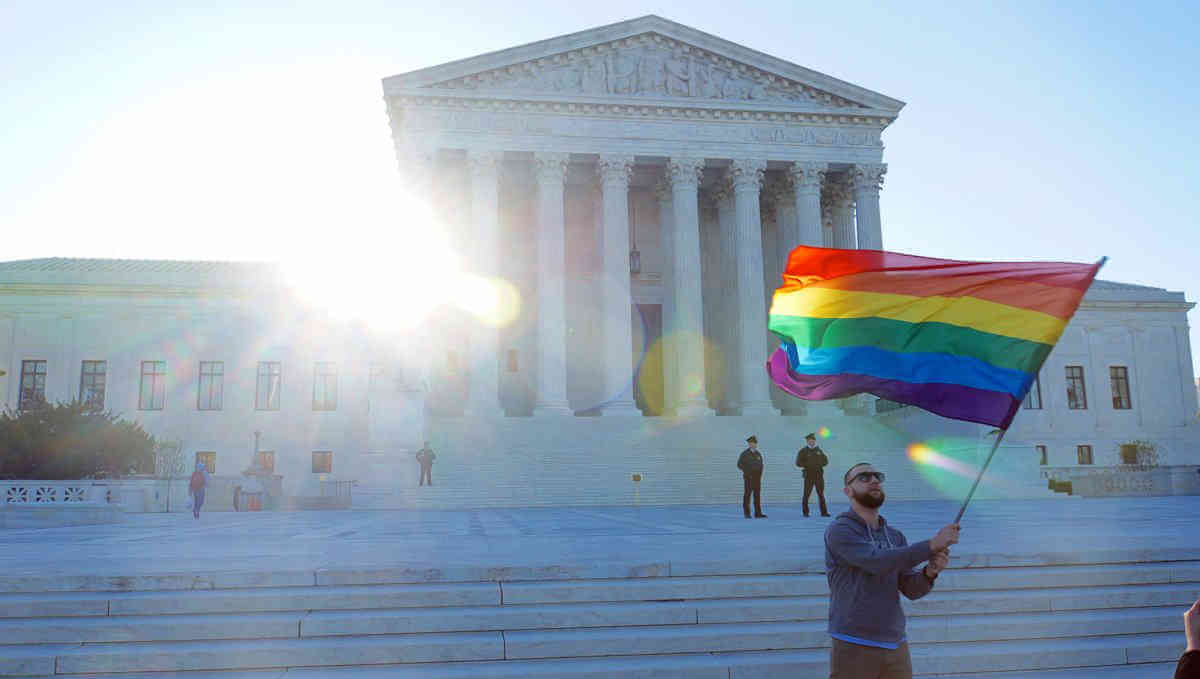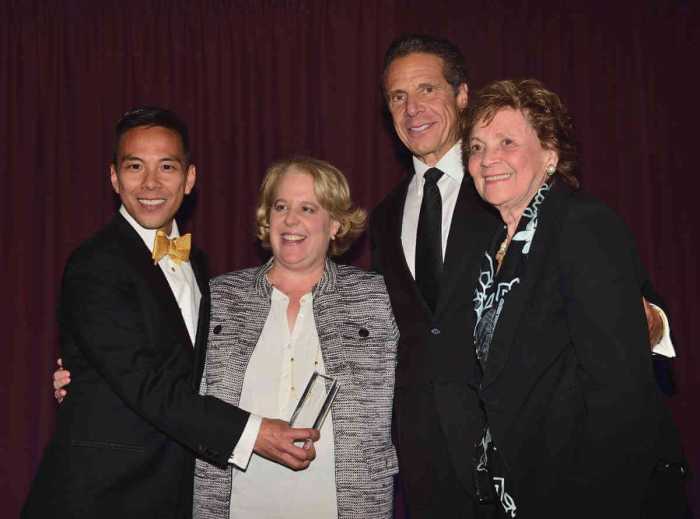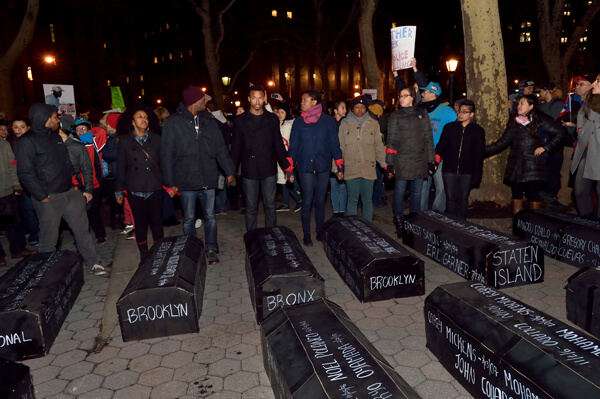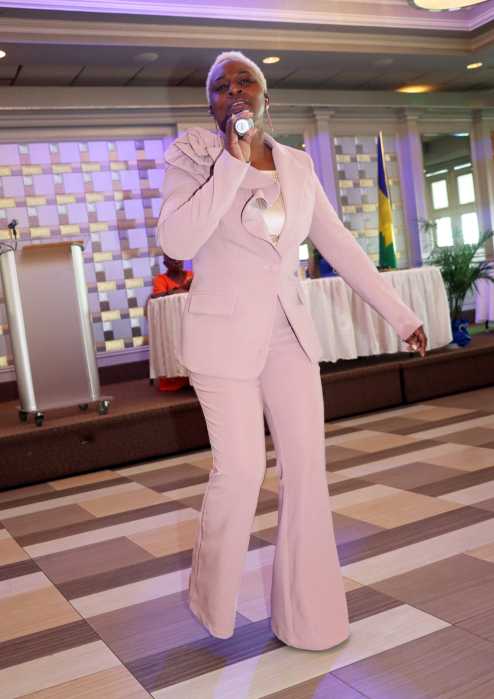Dozens of advocacy groups, led by Housing Works, plan to bring civil disobedience to the Supreme Court next month when oral arguments are heard in a series of pivotal cases related to sexual orientation and gender identity discrimination. In response, multiple LGBTQ-based legal groups, including those that have filed friend-of-the-court briefs, are encouraging the activism.
Housing Works, which battles the dual crises of homelessness and HIV, announced plans on September 18 to organize “a national action with a civil disobedience component” at the Supreme Court on October 8, which is the same day that the court will take up three cases that could determine whether sexual orientation and gender identity are protected classes under Title VII of the 1964 Civil Rights Act.
Housing Works is sponsoring multiple buses that will transport folks from New York City to Washington, D.C. The New York Transgender Advocacy Group, VOCAL-NY, Harlem United, Gay Men’s Health Crisis, Rise and Resist, Black and Brown Workers Cooperative, ACT UP Philadelphia, Bailey House, the Center for Popular Democracy, Queerocracy, and Reclaim Pride Coalition are the groups that have so far confirmed their participation in the effort, according to Housing Works. Individuals are also welcome to join the groups and can sign up through Housing Works’ website.
The specific nature of the anticipated demonstrations is not yet clear. A Housing Works spokesperson said details will remain under wraps “at this time.”
“Anyone who wants to join us and rally in support of continued LGBTQ workplace rights may join us, including those who don’t wish to do civil disobedience,” a spokesperson noted.
LGBTQ legal groups contacted by Gay City News embraced the advocacy effort. A spokesperson for Lambda Legal, which has filed two friend-of-the-court briefs arguing why discrimination on the basis of gender identity and sexual orientation is already banned under the law, emphasized that folks must rally behind the community as the court hears the cases.
“We have confidence that our position will prevail, but win or lose, the entire LGBTQ community will need to remain engaged in the ongoing work of achieving full equality,” the spokesperson said. “We are in this for the long haul, and we encourage everyone to bring their energy and talent to this fight.”
The San Francisco-based National Center for Lesbian Rights is similarly pushing for vibrant advocacy. Shannon Minter, NCLR’s legal director, declined to comment on Housing Works’ specific plans because they have not yet been fleshed out publicly, but he said “it only makes sense that we need to use all the tools at our disposal.”
“Civil disobedience is an important part of any democratic country and of course has been essential to civil rights movements in our country in particular — and to the specific history of the LGBTQ rights movement, from the Stonewall riots to ACT UP to protests against the pathologizing of gay and transgender identity,” Minter said.
The American Civil Liberties Union and Boston-based GLBTQ Legal Advocates and Defenders did not return emails on September 19 seeking comment about the planned demonstrations.
All three cases are appeals — on both sides of the issue — pertaining to whether the 1964 Civil Rights Act’s employment nondiscrimination protections based on sex cover discrimination on the basis of sexual orientation and gender identity. One of the cases involve an out gay man, Gerald Lynn Bostock, who says he was fired by the Clayton County Court System in Georgia, while another case also involves the estate of an out gay man, Donald Zarda, who says his sexual orientation is the reason why he was fired from a now-defunct skydiving company known as Altitude Express. The third case features a transgender funeral home director, Aimee Stephens, who was fired after telling her boss about her plans to transition.
The civil rights claims made by Zarda’s estate and by Stephens were vindicated by the New York-based Second and Cincinnati-based Sixth Circuit Courts of Appeals, respectively. In contrast, the dismissal of Bostock’s claim was upheld by the Atlanta-based 11th Circuit Court of Appeals.
The Obama administration and the Equal Employment Opportunity Commission (EEOC) majority under the former president concluded that the 1964 Act did provide protections to LGBTQ workers, a position that the Trump administration has rejected.


































